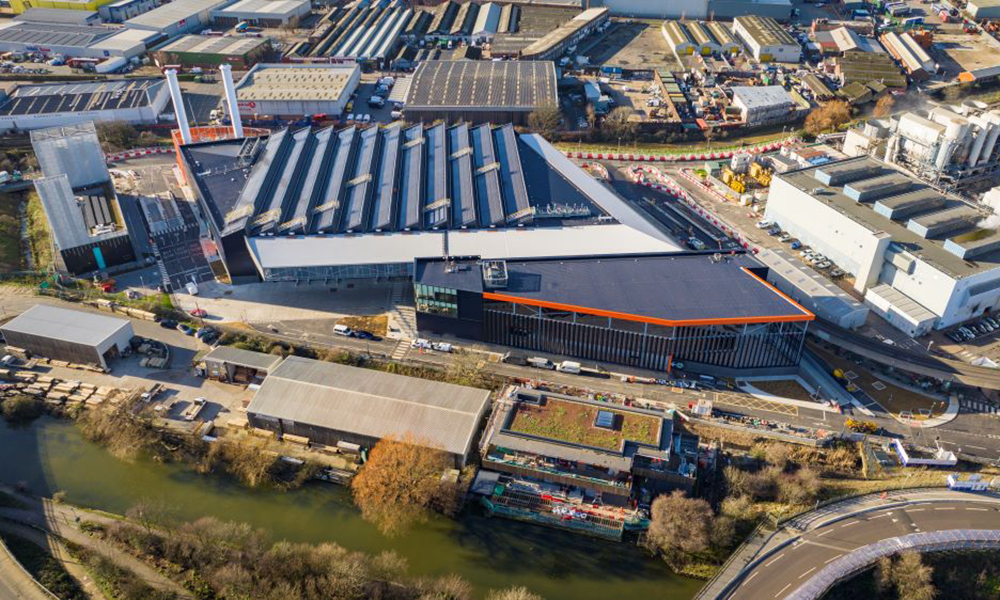
Pubs are among those rare businesses that customers have an extraordinary physical and emotional connection to. Whilst many locals might visit to purchase a drink or a meal, pubs are so much more than places of commerce. For centuries, they have been the beating heart of local communities – the place where people gather to celebrate, to commiserate, to organise and to simply share each other’s company. As such they are important spaces that underpin healthy, vibrant, and resilient communities.
But, our great British locals are under threat. Even before the Covid-19 pandemic struck, pubs were struggling to remain profitable. The Campaign for Real Ale (CAMRA) reported that fourteen pubs were permanently closing their doors each week throughout 2019. Government mandated closures and less capacity due to social distancing measures during the pandemic have meant many haven’t survived. The British Beer & Pub Association estimates that at least 2,000 pubs have been ‘lost’ since the start of the pandemic.
In stark contrast, community-owned and managed pubs have remained incredibly resilient throughout. I’m happy to say that none have reported to have closed so far. So, what sets community-owned pubs apart? How have they managed to keep going in such tough social and economic conditions? The short answer is their close links to their local community and greater understanding of its needs.
By definition, community-owned pubs are answerable to their community. Run democratically, every shareholder, no matter their financial stake in the business, receives equal say on how the place is run and managed. Many community pubs are staffed by volunteers who are passionate about the success of the pub, deepening the connection with the local community. In short, local people are invested in the business both emotionally and financially and that provides a loyalty that helps the business to succeed.
So, could more community ownership be the answer to saving the great British boozer? Maybe, but if more communities are to succeed in taking on these spaces, they are going to need better support.
A look at London’s locals
One area where community pubs are under strain is London, according to a report by Centre for London. High land value in the capital and decreased footfall in central London meant that London’s locals faced a particularly tough time during the pandemic. But, many of London’s pubs are as vital a part of the capital’s social infrastructure as village pubs in rural areas. In recent years, London’s pubs have been constantly diversifying their offering, further deepening the social and cultural role that they play in serving their communities.
One such pub is the Antwerp Arms in Tottenham, north London. The pub has been serving food and real ale in Tottenham since the 1850s and has been in community ownership since 2015. In recent weeks, the pub has been undertaking food collection; food redistribution; a delivery service and providing hot meals to 120 vulnerable people and keyworkers per week, across the diverse communities of Haringey, north London, who are affected by the Covid-19 crisis.
The main challenge that community groups face in the capital is high property values where the amount of money required to take over an otherwise doomed pub is notably higher than other areas of the country. This challenge can be offset with intervention from national and local Government.
What can national and local government do?
One way to offset the challenges presented by high property values or communities with lower-income would be to create a grant subsidy for community bids, so that communities might be able to come together to buy local assets, including their pubs. Whilst the Community Ownership Fund announced in the 2021 Budget is a welcome step towards this, the sums available may have a more limited impact in areas of high property values such as London. To help in these areas, there should be flexibility around the maximum matched capital grant that can be offered.
Alternatively, the Government could look to extend the remit of Empty Dwelling Management Orders, so that the legislation covers long-term empty commercial properties as well and residential lets. Empty Dwelling Management Orders allow councils to put empty residential properties back into use. Extend them to cover long-empty commercial property, and councils would be empowered to support local and social businesses by offering them prime commercial real estate on favourable terms.
Community-owned pubs provide a meeting place for communities, an increasingly wide range of services to their patrons, and stability for the community to rely on the pub’s continued existence. Government must do more to strengthen community rights and to provide the finances and management structures that help retain pubs for their communities.
Vidhya Alakeson is chief executive of Power to Change
https://www.localgov.co.uk/National-and-local-governments-must-do-more-to-support-locals-to-save-their-pubs/52858





